Lithium Mineral Deficiency
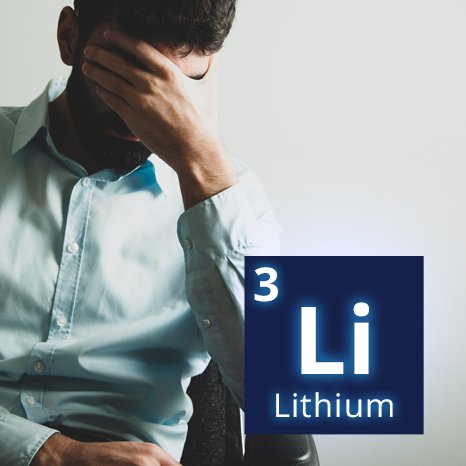
While lithium is not classified as an essential nutrient for humans in the traditional sense, some research suggests that trace amounts of lithium may play a role in neurological and metabolic health. Lithium mineral deficiency, though not formally recognized as a medical condition, is a topic of growing interest in environmental and mental health studies.
Here’s an overview of what lithium deficiency may entail, its potential effects, and where it might occur.
1. What Is Lithium Mineral Deficiency?
Lithium mineral deficiency refers to low levels of lithium exposure or intake, particularly through drinking water or diet. Unlike vitamins or essential minerals like calcium or iron, lithium is not officially required for human health. However, several population-based studies have suggested that low lithium levels in drinking water may correlate with higher rates of mood disorders and mental health issues.
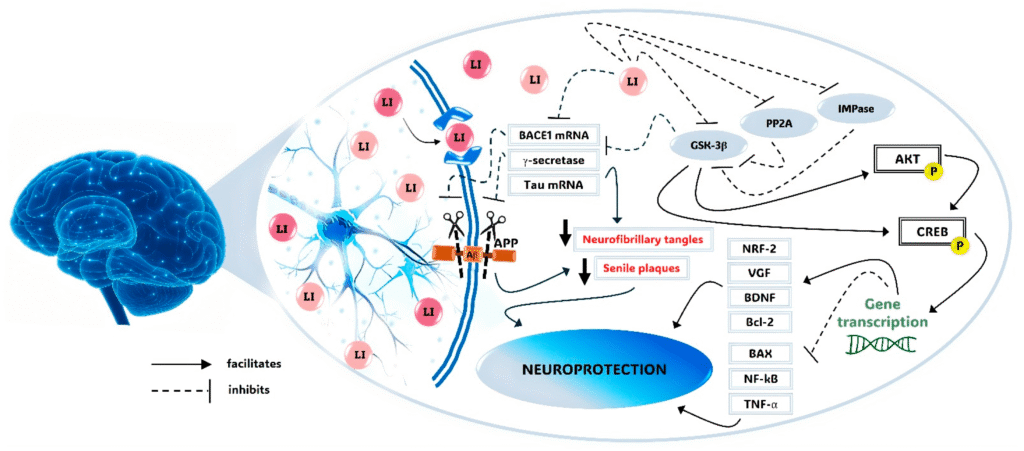
2. Potential Health Effects of Low Lithium Exposure
Although not a medically defined deficiency, some studies have linked low environmental lithium levels to:
- Increased rates of depression and suicide
- Higher incidence of violent crime and behavioral disorders
- Neurodegenerative disease risk (e.g., Alzheimer’s)
- Mood instability and bipolar-like symptoms
These findings are observational and not conclusive, but they suggest that lithium may have neuroprotective or mood-stabilizing properties even in trace amounts.
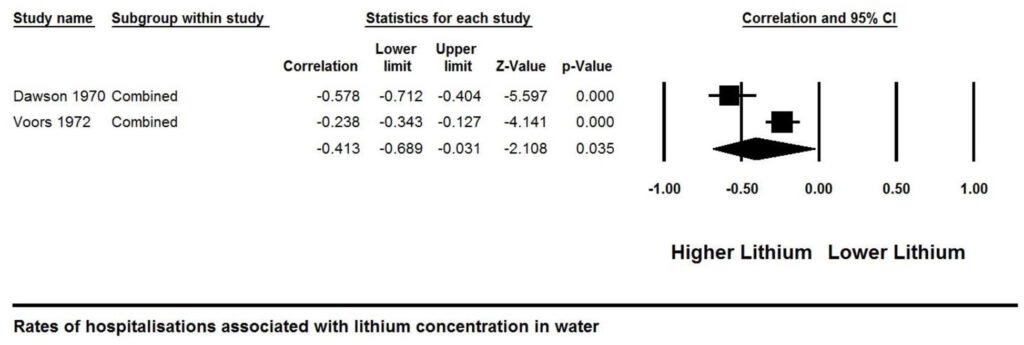
3. Where Does Lithium Deficiency Occur?
Lithium levels in water and soil vary widely depending on geology. Regions with lithium-poor soils and water sources may have populations with lower lithium exposure.
- Low-lithium areas: Parts of Japan, the U.S., and Europe with granitic or sedimentary bedrock that doesn’t leach lithium easily.
- High-lithium areas: Volcanic regions and areas with lithium-rich brines, such as parts of Texas, Austria, and northern Japan.
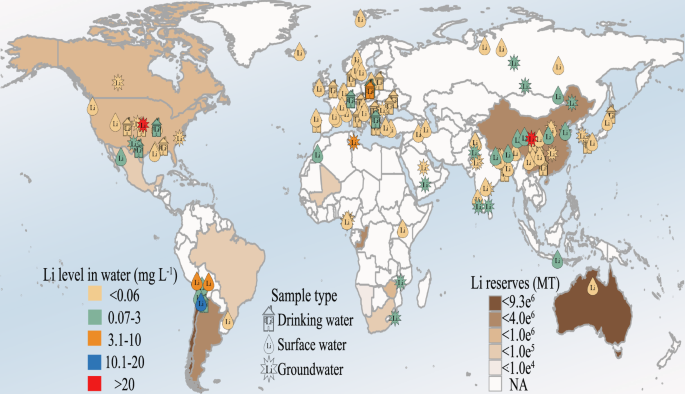
4. Dietary Sources of Lithium
While lithium is not a formally recognized dietary nutrient, small amounts can be found in:
- Whole grains
- Vegetables (especially potatoes and leafy greens)
- Drinking water (especially from lithium-rich sources)
- Some herbal teas
People on highly processed diets or in areas with low lithium water may receive less lithium through these sources.

5. Should You Supplement With Lithium?
Low-dose lithium supplements (in the form of lithium orotate or lithium aspartate) are available over the counter in some countries. However, medical supervision is recommended, especially for those on psychiatric medications or with kidney conditions.
- Pharmaceutical lithium (lithium carbonate) is prescribed for bipolar disorder and requires careful monitoring.
- Trace lithium supplements are marketed for mood support but are not FDA-approved for medical treatment.
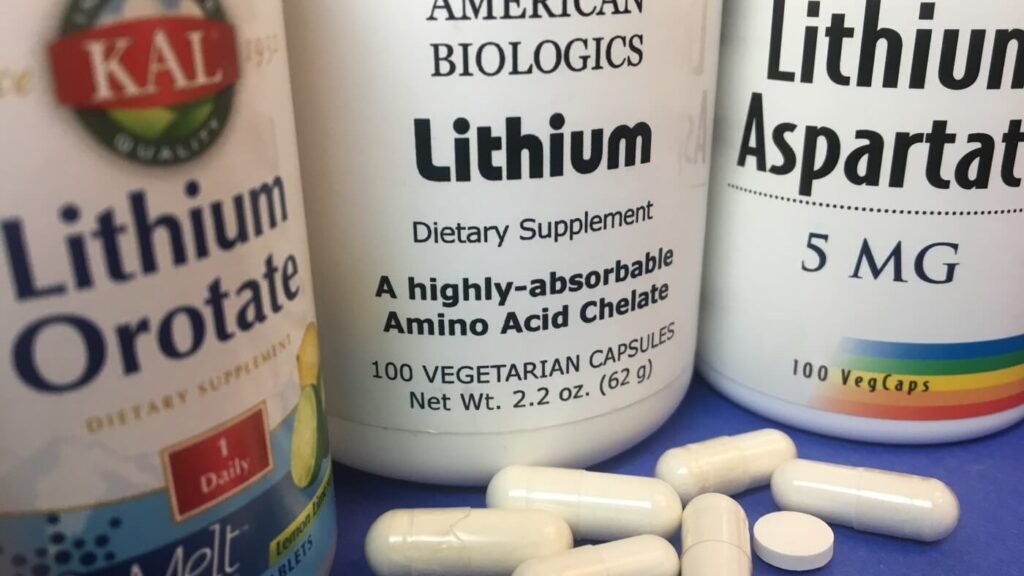
FAQs
Q1: Is lithium deficiency a recognized medical condition?
A1: No, it is not officially recognized, but some studies suggest that low lithium levels may affect mental health.
Q2: Can low lithium in water affect mood?
A2: Some research indicates a correlation between low lithium in drinking water and increased rates of depression and suicide.
Q3: How can I get lithium naturally?
A3: Through whole foods like grains, vegetables, and lithium-rich mineral water.
Conclusion
While lithium mineral deficiency is not a formally recognized medical condition, emerging research suggests that low lithium exposure may influence mental health and neurological function. As interest in holistic wellness grows, understanding the potential impact of environmental lithium levels on health is becoming increasingly relevant.

